Our hospitals
-
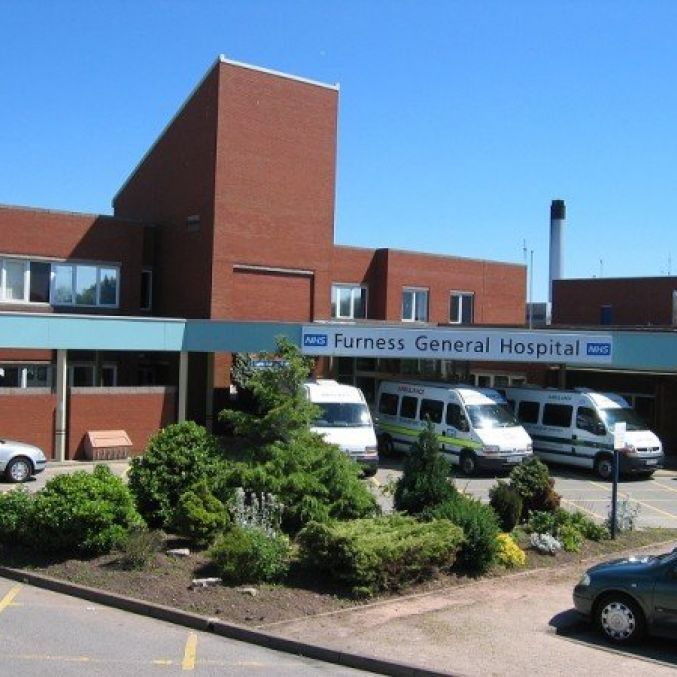
Furness General Hospital
Car parking and how to find us
-
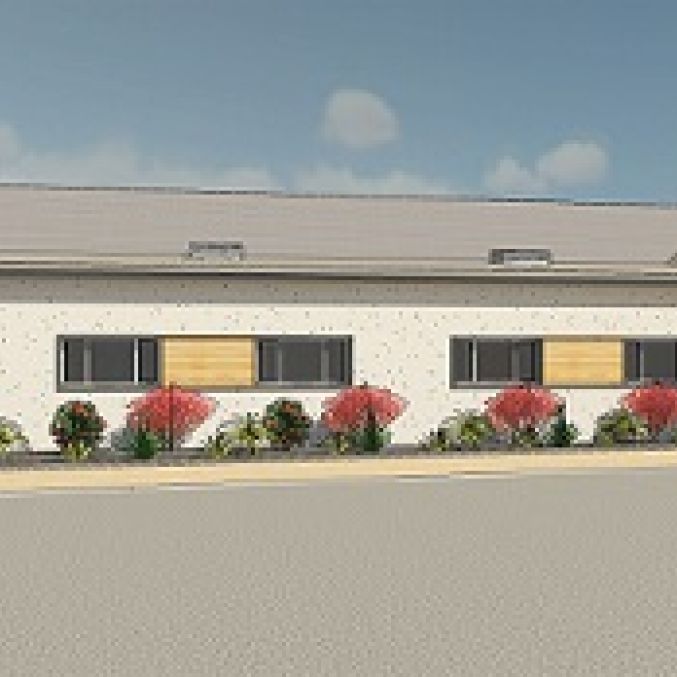
Millom Hospital
Car parking and how to find us
-
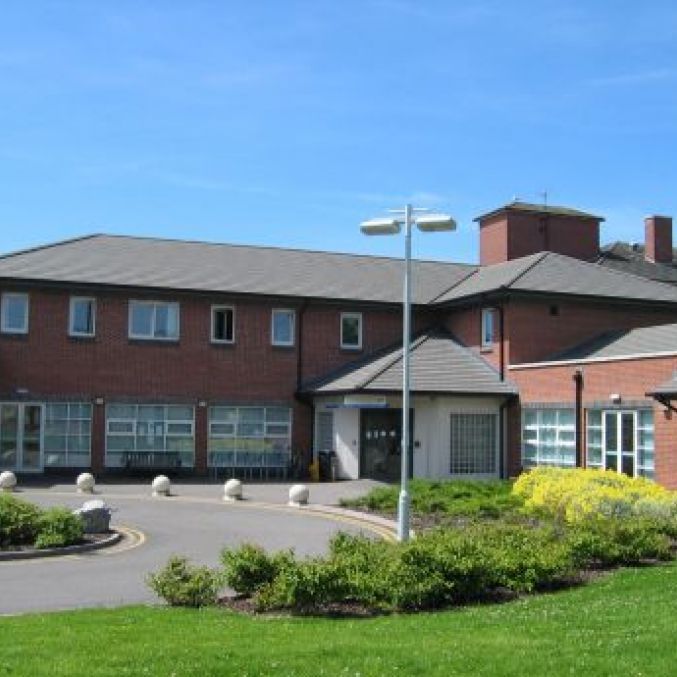
Queen Victoria Hospital
Car parking and how to find us
-
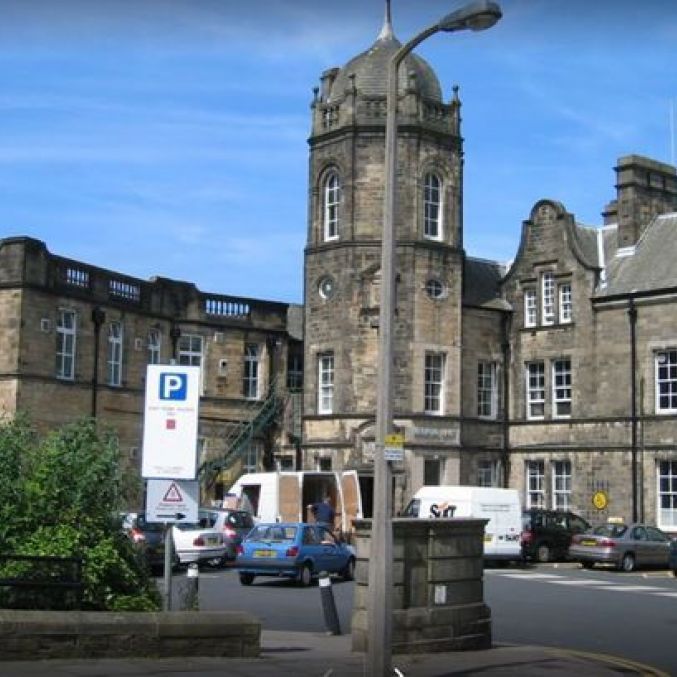
Royal Lancaster Infirmary
Car parking and how to find us
-
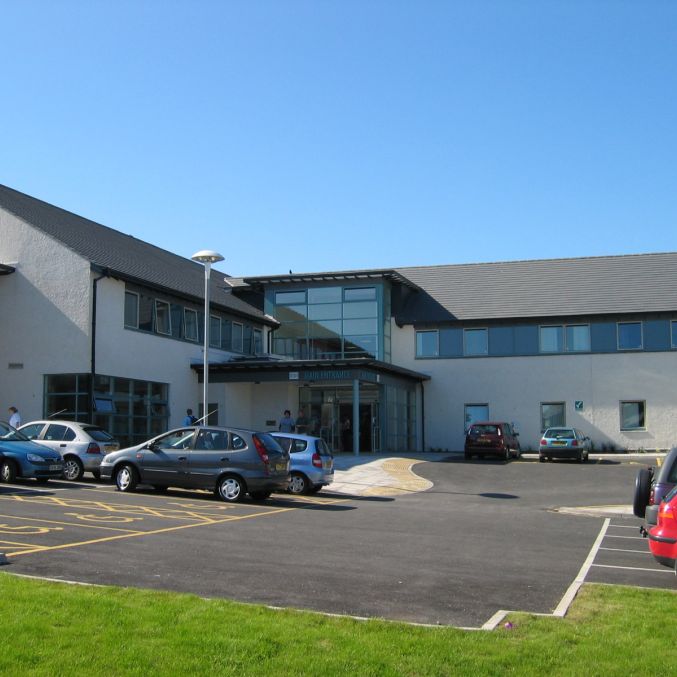
Ulverston Community Health Centre
Car parking and how to find us
-
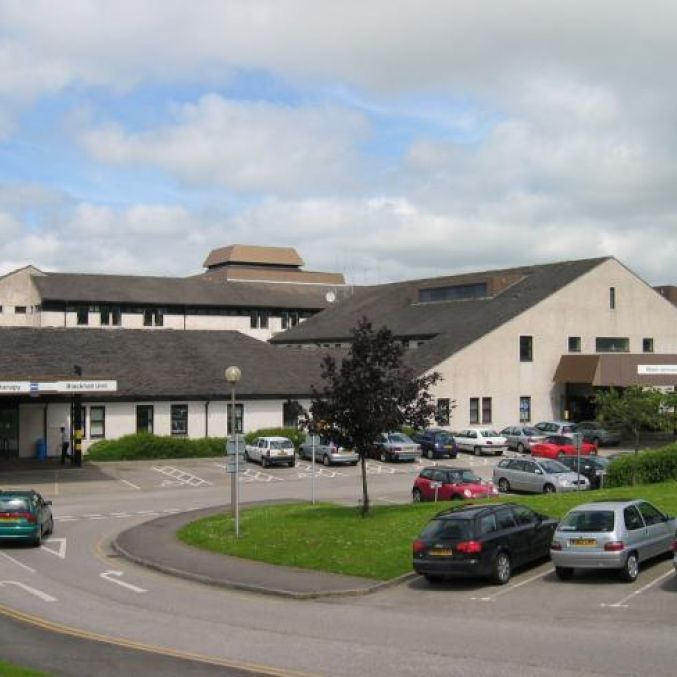
Westmorland General Hospital
Car parking and how to find us


